Center for Bird and Exotic Animal Medicine

Exotic Pet Emergency
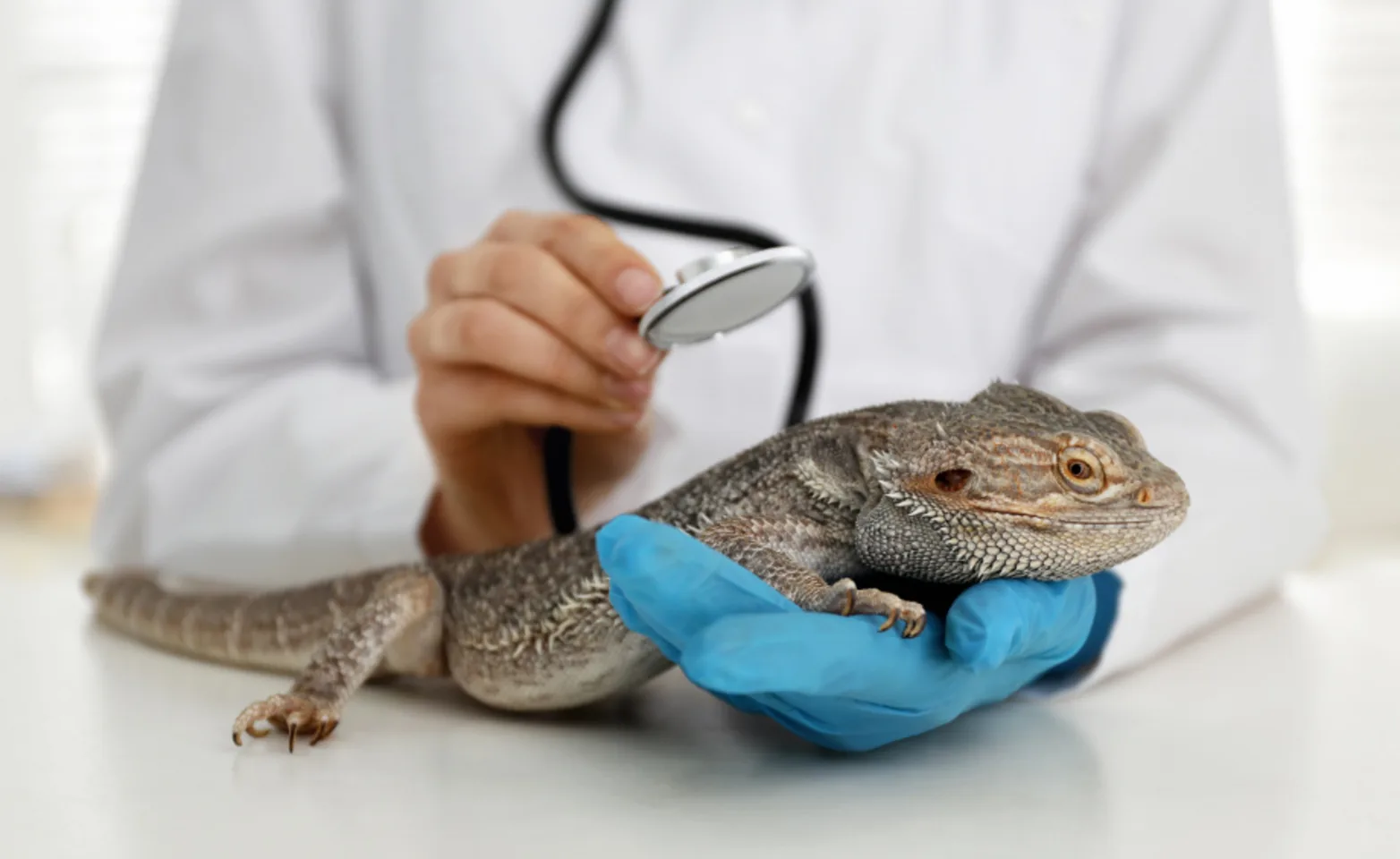
As an exotics-only specialty veterinary hospital, we can provide the most cutting edge, specialized, exotics-focused medical standards and the latest life-saving treatments. Our team of veterinary professionals includes doctors and veterinary nurses with advanced training in exotics and emergency medicine. We work as a team to provide round-the-clock monitoring and treatment of your pet. We firmly believe that every pet deserves an experienced vet!
Doctors and staff on premises 24-hours a day - we are always here for you!
Caring and friendly staff.
Modern facility with all the latest in technology and equipment
Isolation ward to keep contagious patients separated from healthy patients
Separate wards and ICU care to provide specialized, focused care for your exotic pet
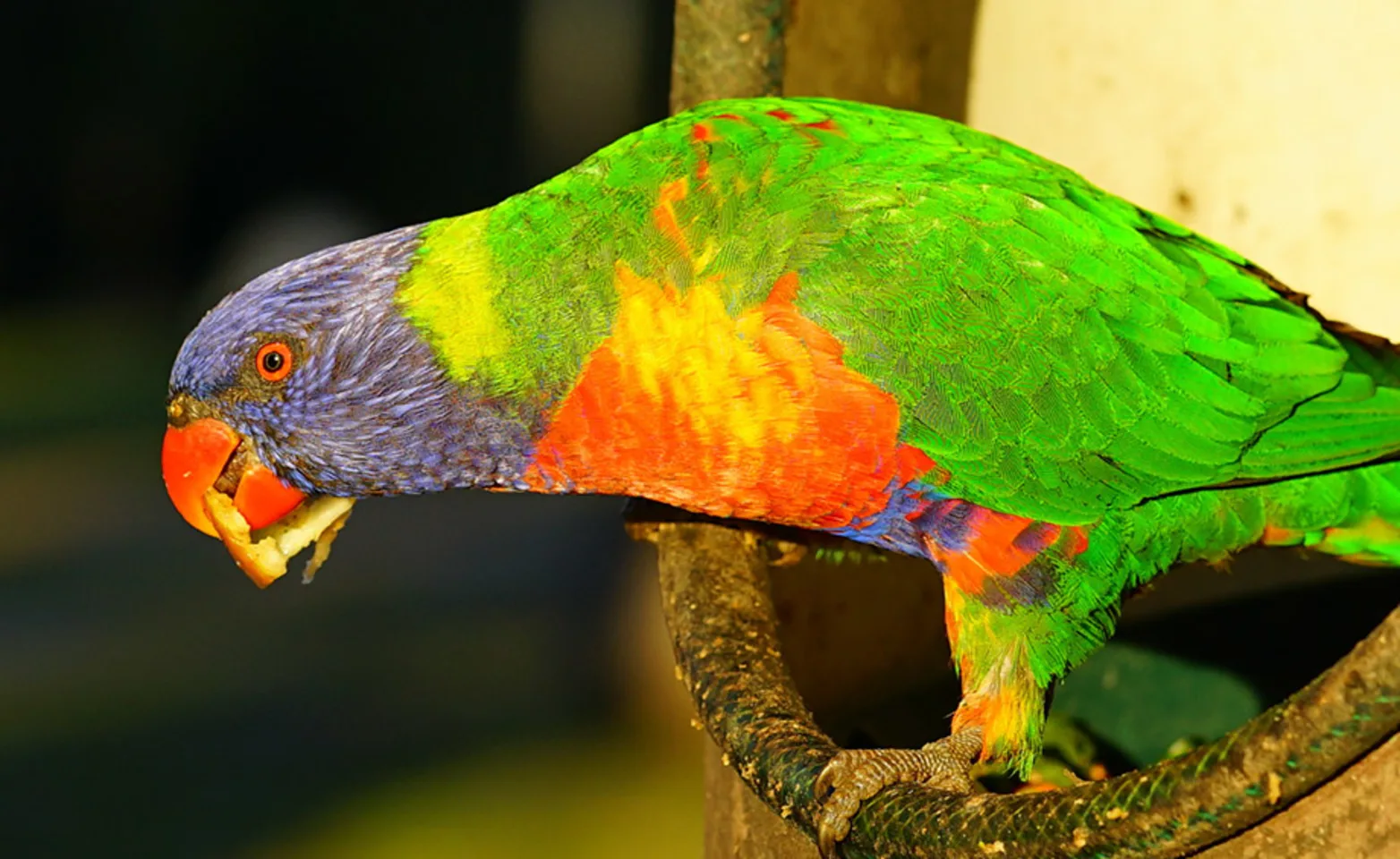
CBEAM is the largest exotics-exclusive emergency and critical care hospital in the United States. We are here 24 hours a day, every day of the year to provide expert and compassionate care for exotic pets that need emergency and critical care. Our hospital is fully equipped with CT, fluoroscopy, digital x-ray, in-house laboratory capabilities, ultrasound, and surgical facilities (including electrocautery, ligasure, endoscopy and more). The health of your animal is our top priority.
Exotic pets are notorious for hiding symptoms of illness until the disease is advanced. Being able to catch a health problem early can make a big difference in how well your pet responds to treatment.
In most cases, if you see any changes to your pet’s normal appetite, attitude, or activity level, this warrants a veterinary exam. Even slight changes from “normal” can indicate serious underlying problems. In general, we recommend erring on the side of caution and having your pet evaluated promptly by an exotic veterinarian if you have any concerns. We offer several types of appointments to suit the needs of your pet. However, the level of urgency for the exam may vary significantly depending on the species.
Here are some examples of potentially life threatening emergencies that warrant immediate veterinary emergency care:
While CBEAM does accept walk-in emergencies, if at all possible, please call 425-892-0036 to let us know that you are coming. This lets us prepare for your arrival and speeds up the process. If we have a high influx of critical emergency patients and your pet is triaged as being in stable condition, you may be asked to come in at a specific time to try to minimize your wait time and decrease stress for your pet.
If your pet is having trouble breathing, please let us know when you call so that we can have an oxygen chamber prepared for your pet’s arrival.
We will send you a link via text or email with forms that allow us to collect information about you and your pet online. Please fill as much of this out prior to your arrival as possible. After your arrival, our nursing and client care staff will work with you to obtain any additional clinically important information about you and your pet.
If your pet requires frequent treatment due to a chronic condition or recurring illness, we suggest maintaining a journal to help keep track of useful information, such as treatment schedules and responses to therapies, and bringing that journal with you so we can ensure appropriate continuity of care for your pet.
Upon your arrival, we will ask you for permission to administer pain medications and other treatments necessary to stabilize your pet. We will also ask you for an emergency code status in the event that your pet has/develops a cardiorespiratory emergency. We will discuss prognosis, treatment plan options, and cost of care with you prior to any more extensive interventions.
As an emergency hospital, we cannot predict our caseload from minute to minute. At times, we may have to push emergency procedures or surgeries to the front of the line to try to save those patient’s lives. Our emergency treatment team triages all emergency patients as they enter the hospital, and works to provide care to them in the order that it is most needed. Our ICU care team also works round the clock to re-evaluate the needs of our hospitalized patients. In the case of a heavy patient load, we ask for your patience and promise to keep you informed of changes to the best of our abilities. Patients who appear clinically stable may have a more prolonged wait to hear updates and discuss treatment plans compared to critically ill patients.
| Trauma | Toxin Exposure |
| - Attacked by another animal - Stepped on - Fractured bones - Falls from any height - Wounds (regardless of cause) | - Ingestion of medication meant for another patient (or human) - Ingestion of a wrong dose of medication - Ingestion of a toxic plant or mushroom - Ingestion of or chewing on common household items - Inhaling toxic fumes (Teflon (polytetrafluoroethylene/PTFE), smoke, high concentration of disinfectants, perfumes, aerosols, etc.) |
| Bleeding | Pain |
| - Bleeding from any location or cause (trauma, orifices, etc.) | - Physical signs of pain (hunched body posture, rigid muscles, flinching when touched, grinding teeth) - Abnormal vocalizations |
| Changes in Breathing | Gastrointestinal Abnormalities |
| - Labored, rapid, or open-mouthed breathing - Tail bobbing when breathing (birds) - Sneezing - Coughing | - Vomiting - Diarrhea - Bloating - Straining to defecate - Blood in the stool - Constipation - Ingestion of any non-food item (foreign body) - Changes in how food is being chewed/picked up - Changes in food preferences - Reduced or absent appetite of more than a few hours (mammals/birds) - Reduced or absent appetite of more than a week (lizards and tortoises and turtles) - Reduced or absent appetite of more than a month (snakes) |
| Urinary Abnormalities | Prolapse |
| - Straining to urinate - Blood in the urine - Vocalizing when urinating | - Any internal structure protruding from any orifice |
Whether or not you see your pet’s symptom(s) on this list, a good general guideline is IF IN DOUBT, SEEK EMERGENCY CARE. Many serious conditions can seem like a minor problem initially, and your pet may not be able to communicate how sick and/or painful they are. CBEAM is staffed 24/7 to provide care to your exotic pets whenever you need it, regardless of time of day.
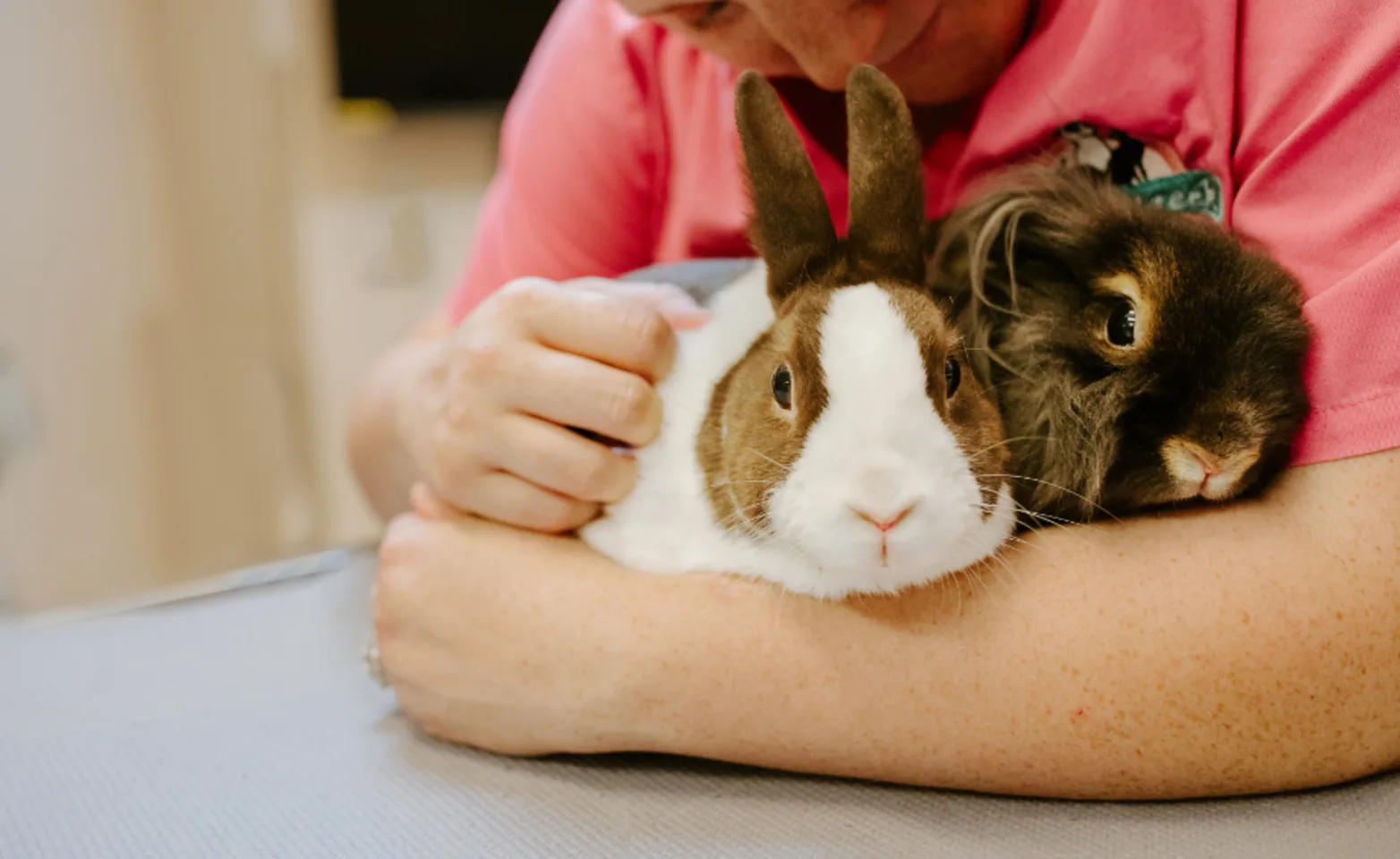
The Center for Bird and Exotic Animal Medicine (CBEAM) is the largest exotic-exclusive specialty hospital in the United States. CBEAM is open 24/7, 365 days per year, for emergency services, critical care, and routine preventative medicine.
The CBEAM Team comprises 50+ individuals (including 14 associate veterinarians) that have dedicated their careers to providing state-of-the-art veterinary care to exotic pets. We are staffed 24/7 to provide care to your exotic pets whenever you need it.
We understand that pet emergencies are stressful and overwhelming. When you bring your pet to CBEAM, you can do so with total confidence that both your pet’s needs and your concerns will be addressed. Our veterinarians will discuss possible causes of your pet’s illness and different treatment approaches, along with a detailed risk/benefit analysis. You will be provided with thorough treatment plans, including the cost of care, to ensure transparency while safeguarding your pet’s health.
CBEAM provides primary veterinary care for exotic pets, and also acts as a referral center to the surrounding emergency, exotic, and mixed veterinary practices in the Pacific Northwest. Patients with an identified primary veterinarian will have their records and all available lab results sent within 24 hours of discharge from CBEAM.
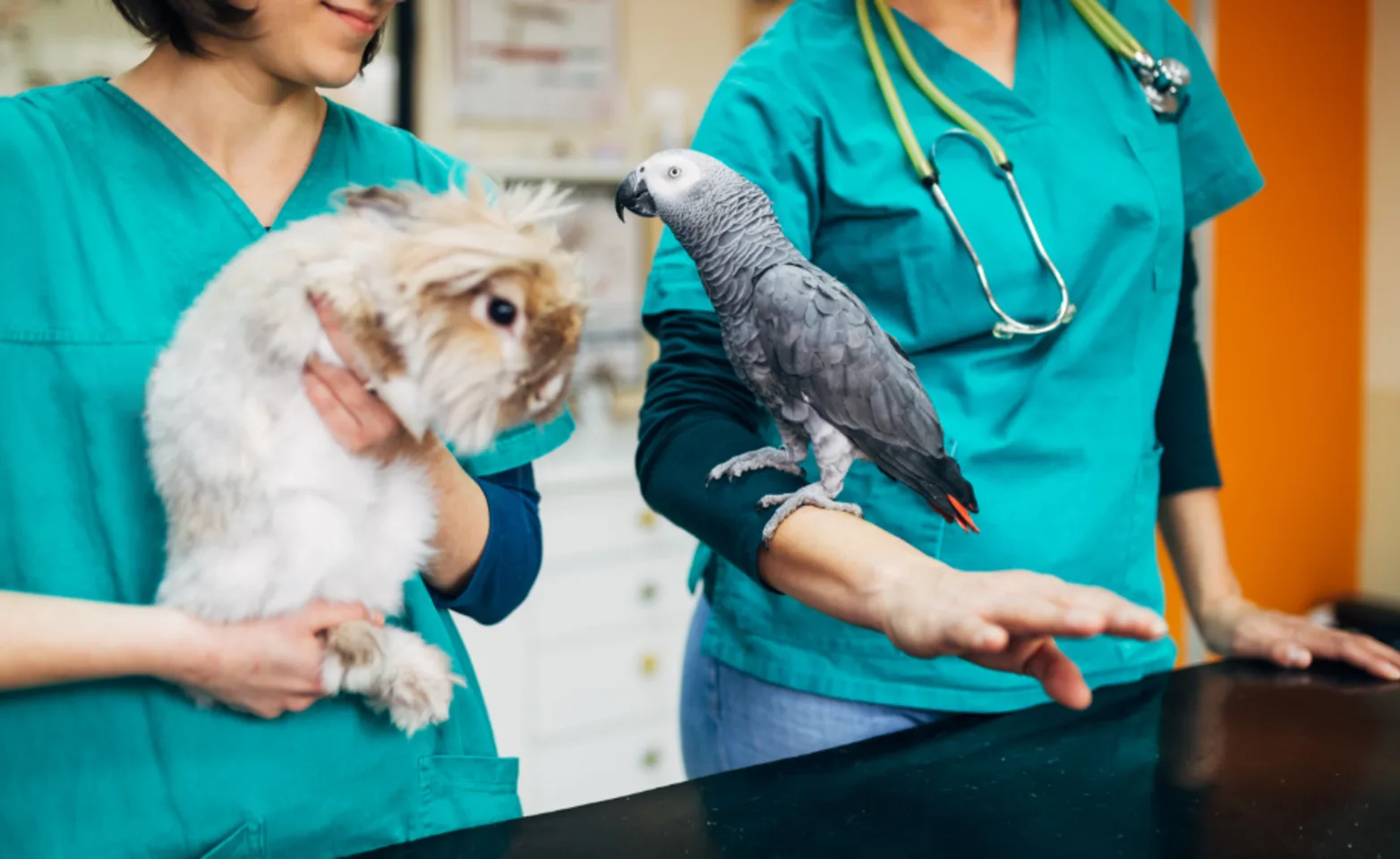
Poison Control Centers
· ASPCA Animal Poison Control Center: (888) 426-4435
· Pet Poison Helpline: (800) 213-6680
Gather any packaging or remains of anything that was eaten or suspected of being eaten and bring it with you to your appointment. This step will help speed up the diagnosis. Please don’t be shy! If the ingested item was embarrassing (or illicit), please just be honest with our team; it will speed up diagnosis and treatment.
Complete physical examination
CT, Digital X-Ray, and Ultrasound
Emergency surgery
In-house laboratory for rapid results
Isolation ward
ICU care
Multi-modal pain management
Onsite pharmacy
Oxygen therapy
Toxin exposure treatment Pet Poison Helpline
ICU Hospitalization and Critical care
CBEAM has exotic emergency veterinarians on duty and ON SITE all day and all night. Our hospital is unique because we only see exotic animal patients, creating a customized environment for our delicate species; there are no barking dogs here! We ensure our patients are not put under undue stress during an already difficult time by separating natural predators from prey species.
Because our hospital is staffed round the clock, your pet will receive only the best in hospitalized critical care. This is vital to the recovery of any sick or injured exotic patient, as their clinical condition can change very rapidly and require immediate intervention. We have dedicated veterinary staff whose only job is to remain in the ICU, by your pet’s side, 24 hours a day. The critical care unit is constantly monitored and our staff is here at all hours for your pet AND for you. If you are worried about your pet in the hospital, you can contact us 24 hours a day and receive an update. This dedicated commitment can and does make a difference in the successful treatment of your pet, and is standard with our 24-hour care.
It is routine for our team to manage multiple patients requiring oxygen support, intravenous lines carrying life-saving fluids or blood transfusions, catheters monitoring output of fluids, feeding tubes, and constant monitoring equipment. Each treatment plan is carefully calibrated to the specific patient’s needs. Veterinarians evaluate your pet’s response to treatments, and are there around the clock, ready to adjust treatment protocols at a moments’ notice.
We provide pain management, IV fluid support, antibiotics, nutrition, clean bedding, the highest standard of medical and surgical care; and perhaps most important of all, a comprehensive nursing team that cares deeply for your pet.This kind of dedicated attention to detail is what makes the difference in our patient care.
Just as in human hospitals, some exotic pet patients require transfusions to treat a life-threatening disease or injury. We have transfused a wide variety of species at CBEAM, including rabbits, ferrets, rats, hedgehogs, sugar gliders, and many bird and reptile species. We have a network of clients and staff who can and do bring their pets in at any hour to donate blood that could save a life. Trauma, reproductive disease, anemia, cancer, and poisoning are some of the conditions where blood transfusions are needed.
If your pet needs an emergency surgery, our experienced veterinarians are able to safely perform these life-saving procedures. Common surgical emergencies include intestinal foreign body removal, exploratory surgery, splenectomies, liver lobe torsions, bladder stone removal, trauma repair (including fracture repair), and others.
Post-surgical patient care is just as important as a successful surgery, and round-the-clock specialized hospitalization is often needed. After surgery, we provide pain management, IV fluid support, antibiotics, nutrition, clean bedding, and perhaps most important of all, attentive, loving care, to ensure your pet is getting everything they need.
Where is CBEAM?
Location: 11401 NE 195th St Bothell, WA 98011
Hours of operation:
Open for emergencies 24 hours per day, 7 days per week, 365 days per year
Appointment availability on weekdays, weekends, and evenings
We accept walk-ins as well as phone-ahead emergency, urgent care, and critical care cases. If you are unsure if you pet is experiencing an emergency, please call us at 425-892-0036, and our care team will help you triage your pet’s condition.
We also offer routine preventative care appointments. Please call us at 425-486-9000 to set up an appointment.
What kind of visits does CBEAM have and how much do they cost?
Emergency visits (available 24 hours a day, 7 days a week, 365 days a year) - $200
Urgent care visits - $110
Routine Office Visits - $75
Medical Progress Exams - $59
Drop off appointments are available for your convenience 7 days a week. There is no additional charge for a drop off appointment - your pet will be provided with an enclosure appropriate to their species as well as food and water. You can drop off your pet and pick them up after your work day without having to take time from work off! One of our exotic veterinarians will contact you by phone to discuss the approach to your pet’s care after performing our physical exam.
If you have a pet with us for a drop off visit, you will be updated at the time the doctor has assessed your patient, in order to discuss a treatment plan. It is important for you to be available by phone for those conversations so that we can expedite your pet’s procedures and treatments. We would encourage you to let us know at time of drop off if you have any time constraints, though we cannot guarantee a specific timeline.
Does CBEAM provide payment plans?
CBEAM requires payment for all services at the time they are rendered. However, we know that finances can be difficult at times, and we do accept CareCredit and ScratchPay, 3rd party payment plans. Our doctors always provide our clients with multiple treatment options and detailed estimates.
What do I need to bring to my appointment?
You must bring your pet in a species-appropriate carrier. Remember that reptiles need to have supplemental heat to be comfortable and safe during transport - however, make sure your pet can move away from a heat source if they get too warm.
Does CBEAM have food for my pet?
CBEAM carries a variety of species-specific foods in stock; however, if your pet is going to be with us for the day, or is hospitalized, we would recommend that you bring their preferred food (as well as their prescribed medications), to ensure they have food to eat that they find palatable.
Do I need to bring my pet’s medications with them?
Please bring your pet’s medications (and preferred food) with you if you are coming in on an emergency, urgent care, or drop off appointment. Please give their medications as usual unless directed differently by a CBEAM veterinarian.
If you are coming in for an appointment, you do not need to bring their medications, but please bring a list of or pictures of their current medications as this is vital information for the medical record.
Can I bring my other animal(s) to CBEAM?
Many exotic animals are highly social creatures, and having their companion(s) with them can help to reduce stress during their vet visit. You are welcome to bring their companions with them to the vet visit; however, there are potential caveats to consider:
The companion exotic pet may be stressed out by the trip away from home and could develop stress-related problems from this event.
The sick exotic pet may need to be separated from the companion pet while hospitalized in order for our team to monitor fecal output and/or food intake, and to prevent damage to IV lines, etc.
If the companion exotic pet is kept with your pet during their hospital stay, this will result in additional fees for the care of the additional animal.
You cannot bring domestic dogs or cats to our hospital, as this can result in increased stress and risk to our patients.
Can I visit my animal in hospital?
Absolutely! Our ICU care team is happy to schedule visits for hospitalized patients to ensure you have privacy and time to spend with your pet. Scheduling the visits helps us coordinate our treatment timing as well as arranging exam room availability for the visits, as we want to ensure that you are waiting the least amount of time necessary to visit with your loved one. Our care team will discuss the recommended length of visits when scheduling in order to make sure that your pet is receiving the continuous care they need.
How often will I be updated if my pet is in hospital?
If you have a pet hospitalized with us, we will update you by phone at least twice a day, though it is often much more. We also will update you on an ongoing basis throughout the day, in order to relay diagnostic test results, and to provide you with detailed information regarding your pet’s response to treatment.
If you have a pet in medical boarding with us, you will get at least 1 text update per day so that you know they are continuing to rest comfortably in our care. You will receive phone calls if there are any changes in your pet’s condition.
If you have a pet with us for a drop off visit, you will be updated at the time the doctor has assessed your patient, in order to discuss a treatment plan. It is important for you to be available by phone for those conversations so that we can expedite your pet’s procedures and treatments. We would encourage you to let us know at time of drop off if you have any time constraints, though we cannot guarantee a specific timeline.
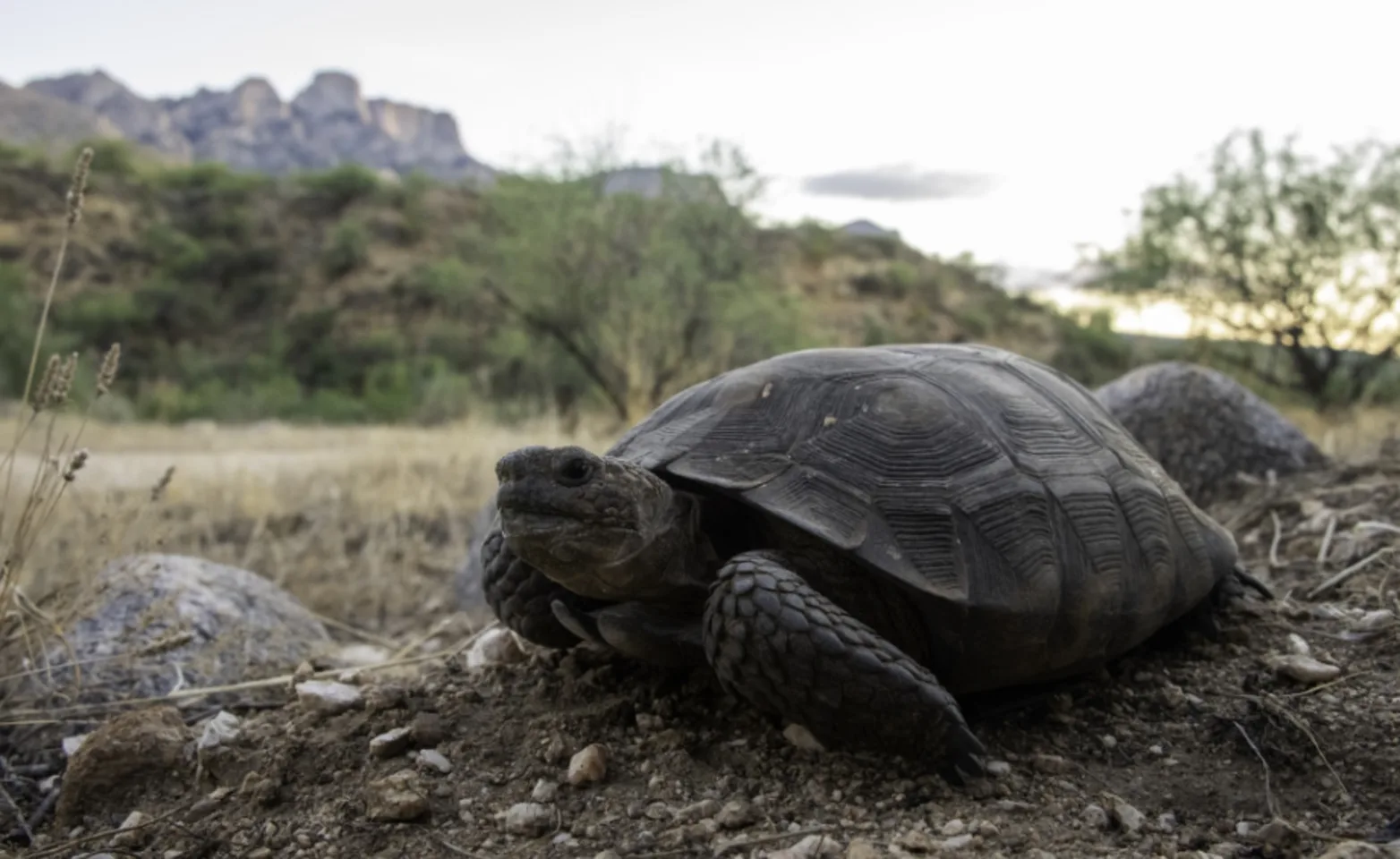
Our love for exotic pets
We work hard to ensure that all exotic pets are given the best care possible.
